H.R. 3312: Supporting Every at-Risk Veteran In Critical Emergencies Act of 2025
The bill titled the Supporting Every at-Risk Veteran In Critical Emergencies Act of 2025
, or the SERVICE Act of 2025
, aims to assist veterans in crisis by establishing a pilot program for veterans response teams within law enforcement agencies. Here’s a summary of the key provisions:
1. Grant Authorization
The bill empowers the Attorney General to create a pilot program to provide grants to states, local governments, and Indian Tribal governments. These grants would be used to support the establishment and operation of veterans response teams in law enforcement agencies.
2. Activities of a Veterans Response Team
These response teams can carry out several specific activities, which include:
- Identification: Providing law enforcement officers who are veterans with a pin identifying their military branch, which they can wear while on duty.
- Veterans Re-Entry Search Service: Utilizing this service to better assist veterans.
- Communication: Establishing communication lines with the Department of Veterans Affairs and other community organizations.
- Coordination with Justice Specialists: Forming working relationships with Veterans Justice Outreach specialists.
- Support in Legal Systems: Creating links with the local justice system and veterans courts to help identify veterans in crisis situations.
- Training: Providing mental health training for officers regarding military-related issues such as PTSD, traumatic brain injury, depression, and anxiety.
- Community Engagement: Holding regular meetings to discuss community issues affecting veterans and how best to respond to them.
- 24/7 Crisis Response: Organizing teams of first responders to volunteer and respond to veteran crises at any time.
- Success Measurement: Developing a plan to measure the effectiveness of the response teams and track best practices.
- Ongoing Support: Providing veterans with the chance to keep in contact with these teams after their intervention.
3. Creation and Training of Response Teams
To establish a veterans response team, law enforcement agencies would need to:
- Identify a leader among the officers who is committed to the initiative.
- Find other interested law enforcement officers to join the team.
- Involve community members, including representatives from veteran organizations, the Department of Veterans Affairs, and other relevant groups.
- Engage with the veteran community by participating in events and responding to incidents involving veterans.
- Provide crisis-related training for team members and other law enforcement officers.
4. Program Duration and Reporting
The pilot program is set to last for five years. During this time, the Attorney General is required to report back to Congress on the program's progress, detailing aspects such as:
- The number of applicants for grants.
- The grants awarded.
- The average amount requested and awarded in grants.
- Any additional pertinent information deemed necessary by the Attorney General.
5. Funding
Funding for this pilot program will be provided subject to the availability of appropriations, using money designated for grants under existing laws in each fiscal year from 2026 through 2030.
Relevant Companies
None found
This is an AI-generated summary of the bill text. There may be mistakes.
Sponsors
24 bill sponsors
-
TrackDale W. Strong

Sponsor
-
TrackRobert B. Aderholt
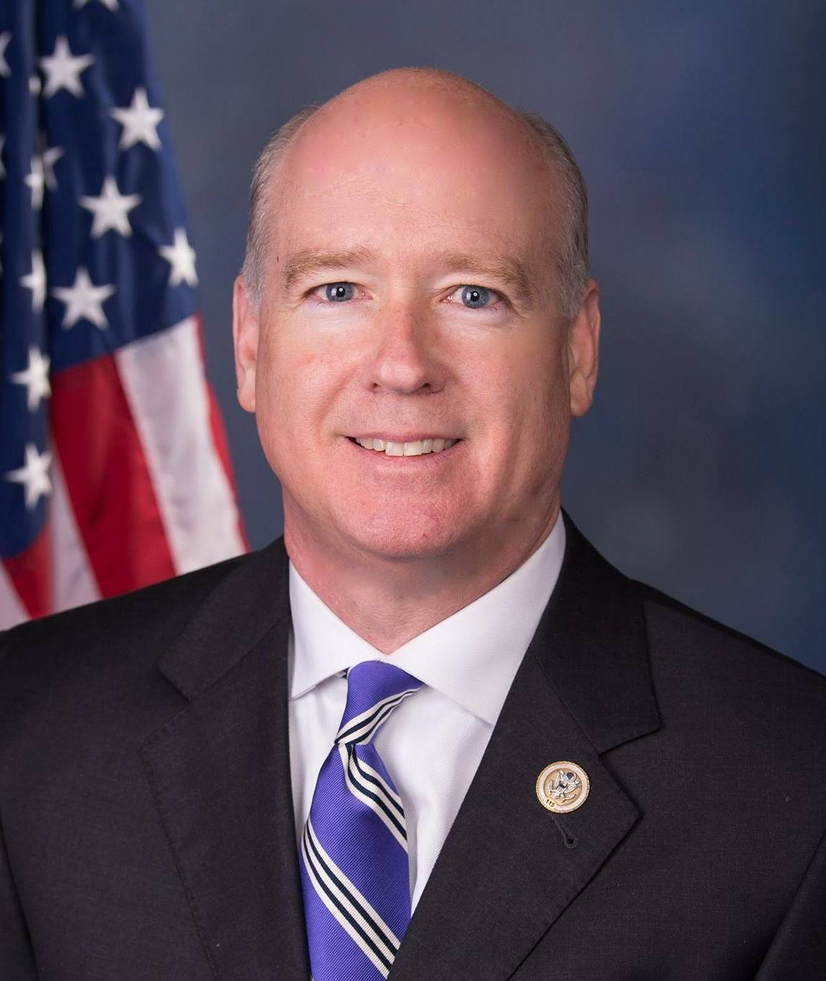
Co-Sponsor
-
TrackJ. Luis Correa
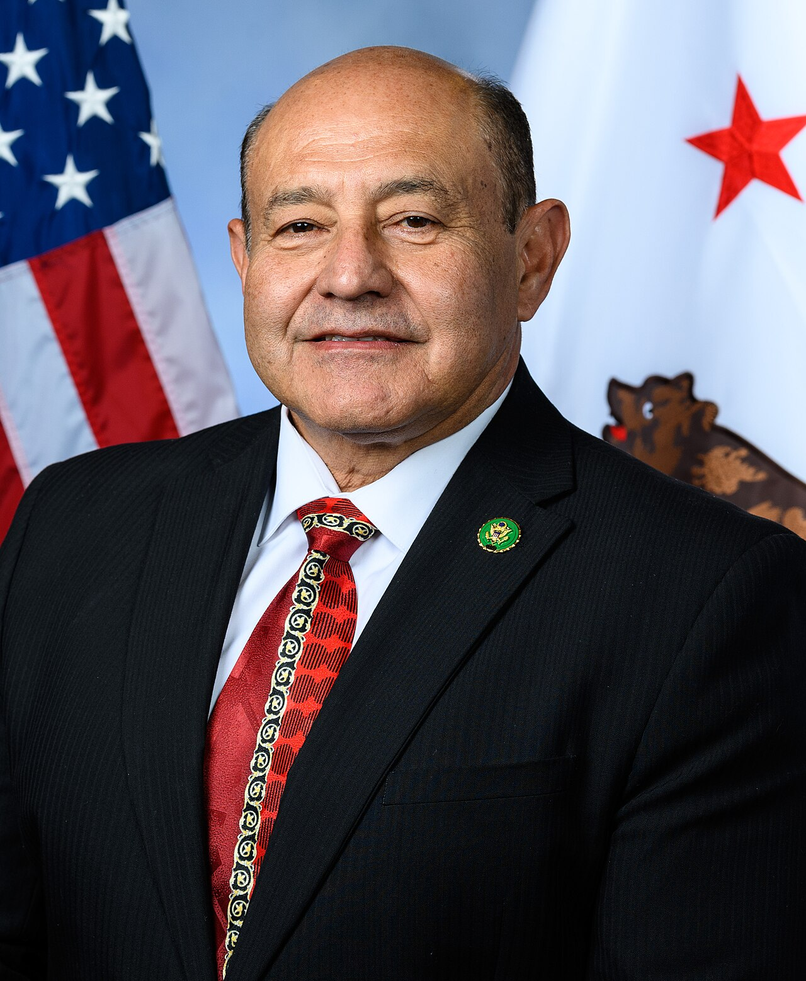
Co-Sponsor
-
TrackWarren Davidson
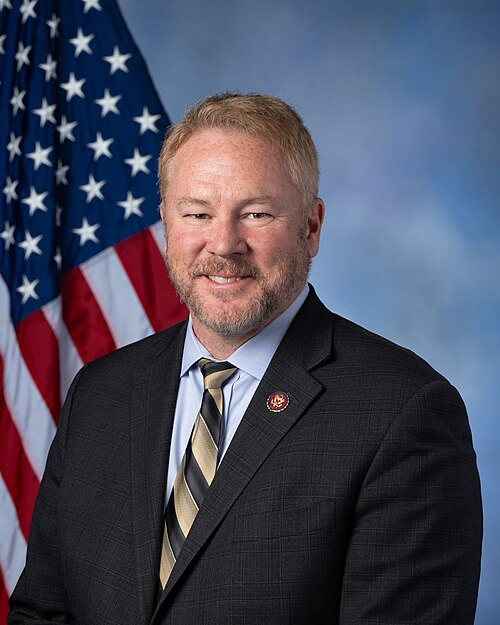
Co-Sponsor
-
TrackDonald G. Davis

Co-Sponsor
-
TrackMadeleine Dean
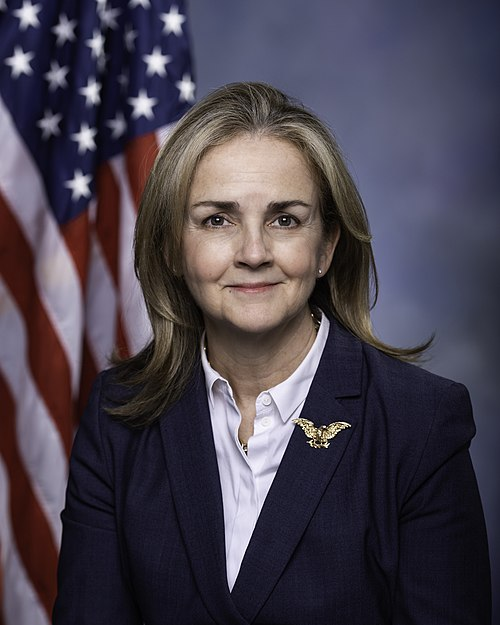
Co-Sponsor
-
TrackScott Franklin

Co-Sponsor
-
TrackDaniel S. Goldman
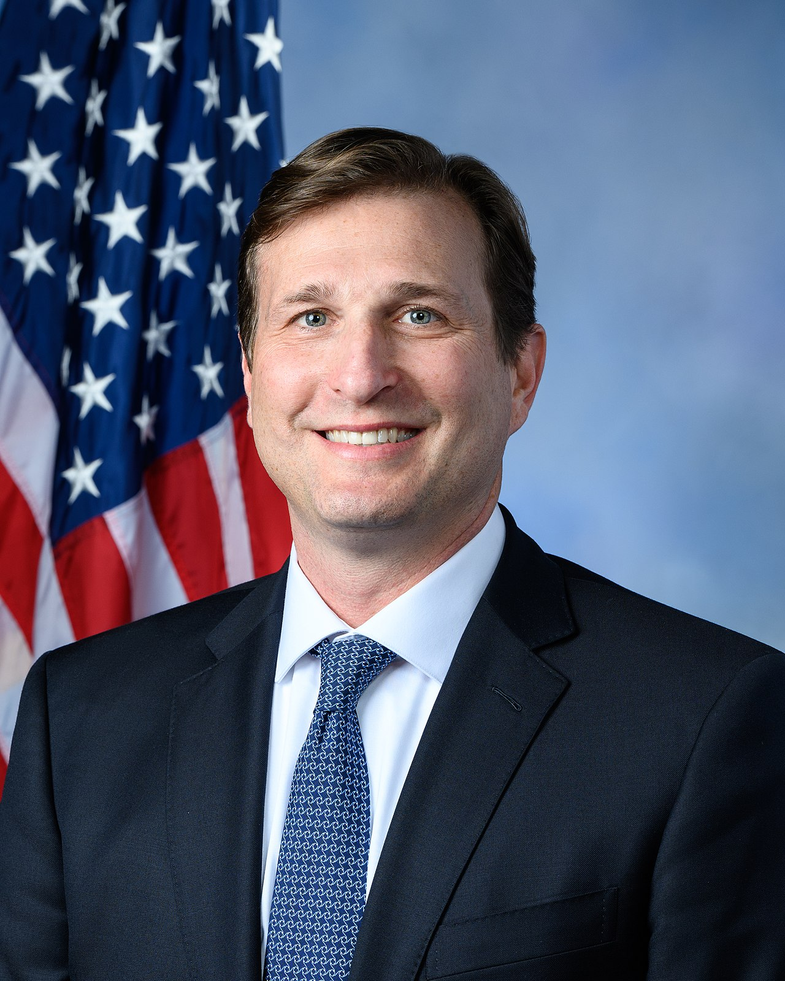
Co-Sponsor
-
TrackMaggie Goodlander

Co-Sponsor
-
TrackClay Higgins
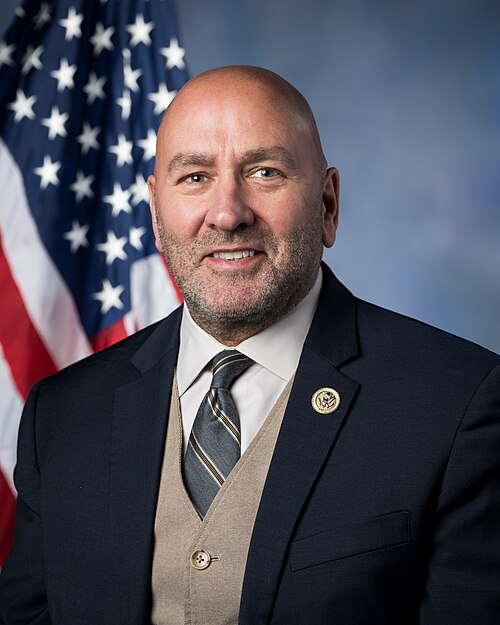
Co-Sponsor
-
TrackGlenn Ivey

Co-Sponsor
-
TrackMike Kelly

Co-Sponsor
-
TrackDoug LaMalfa

Co-Sponsor
-
TrackSusie Lee

Co-Sponsor
-
TrackJohn McGuire

Co-Sponsor
-
TrackBarry Moore
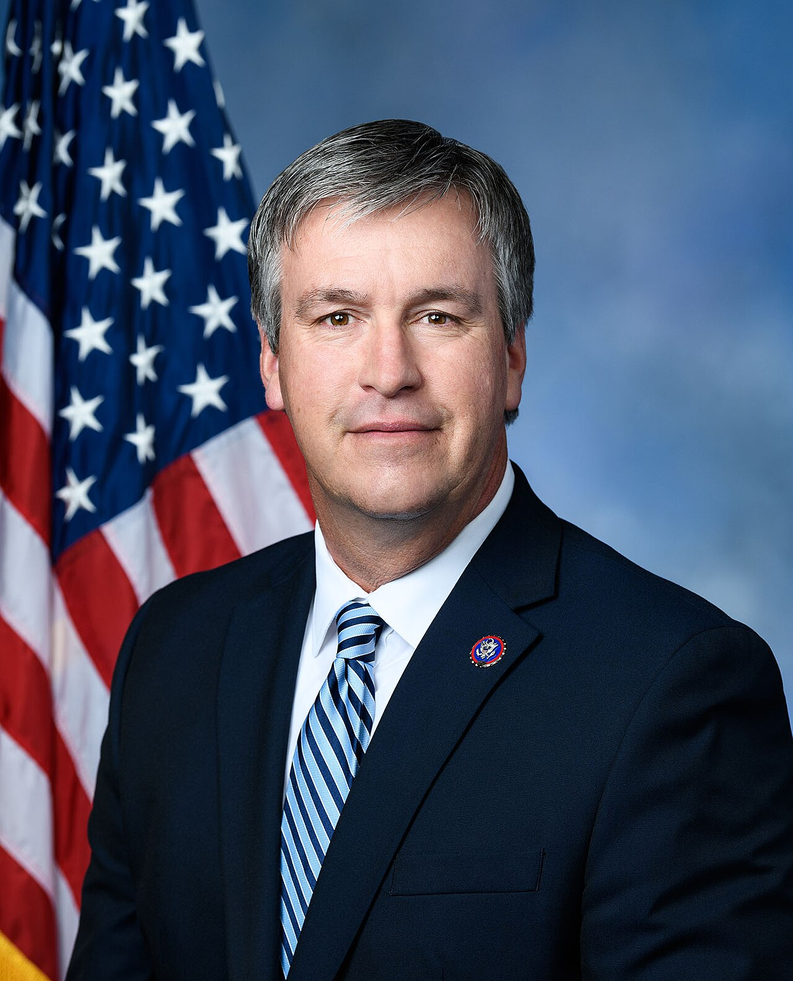
Co-Sponsor
-
TrackJoe Neguse
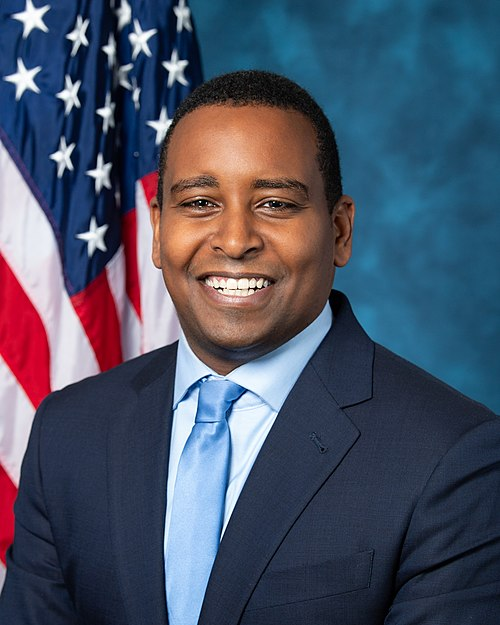
Co-Sponsor
-
TrackMike Rogers

Co-Sponsor
-
TrackMaria Elvira Salazar

Co-Sponsor
-
TrackJefferson Shreve

Co-Sponsor
-
TrackGreg Stanton

Co-Sponsor
-
TrackDerek Tran
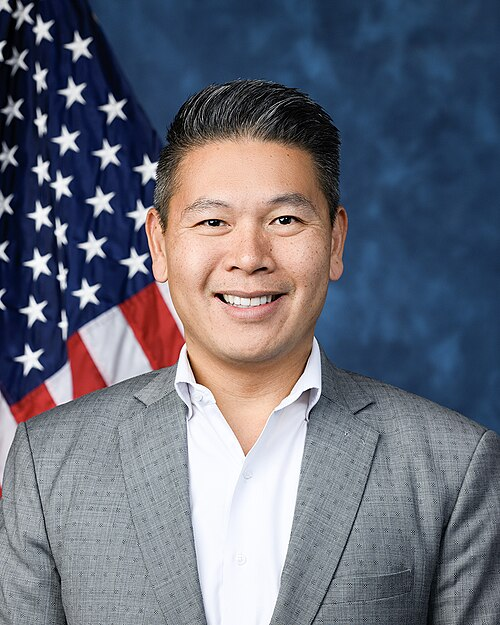
Co-Sponsor
-
TrackDavid G. Valadao
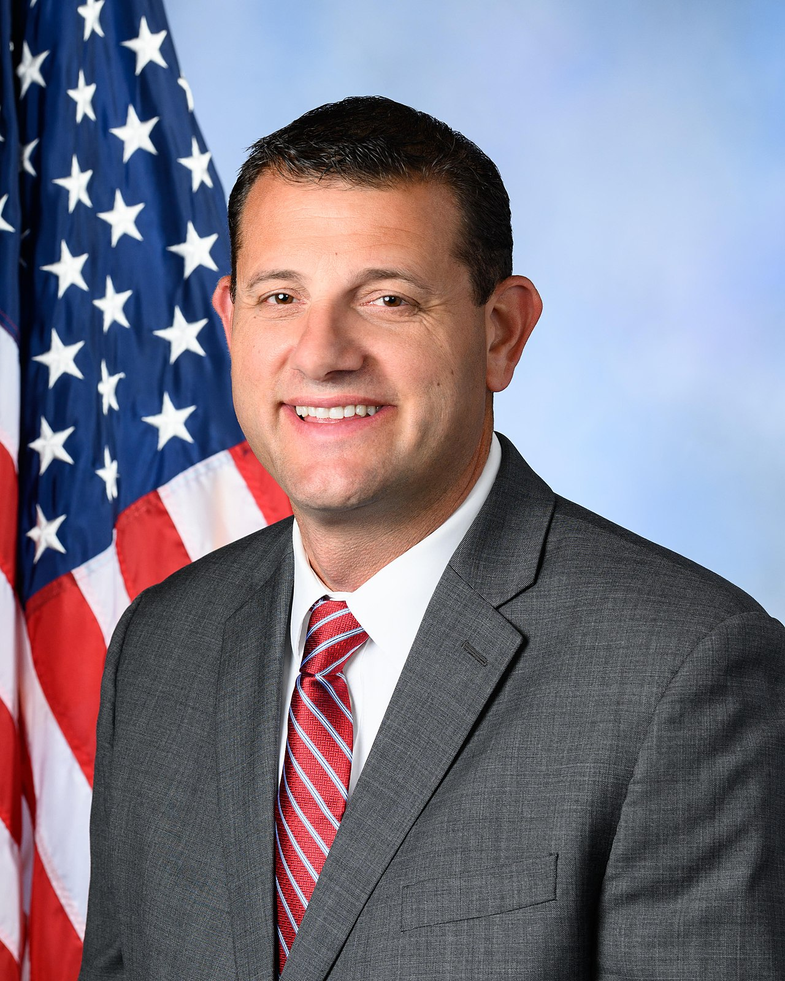
Co-Sponsor
-
TrackEugene Vindman
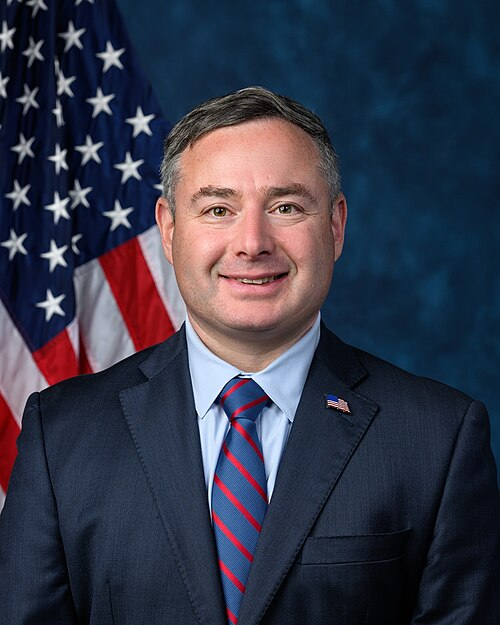
Co-Sponsor
Actions
2 actions
| Date | Action |
|---|---|
| May. 08, 2025 | Introduced in House |
| May. 08, 2025 | Referred to the House Committee on the Judiciary. |
Corporate Lobbying
0 companies lobbying
None found.
* Note that there can be significant delays in lobbying disclosures, and our data may be incomplete.
Potentially Relevant Congressional Stock Trades
No relevant congressional stock trades found.